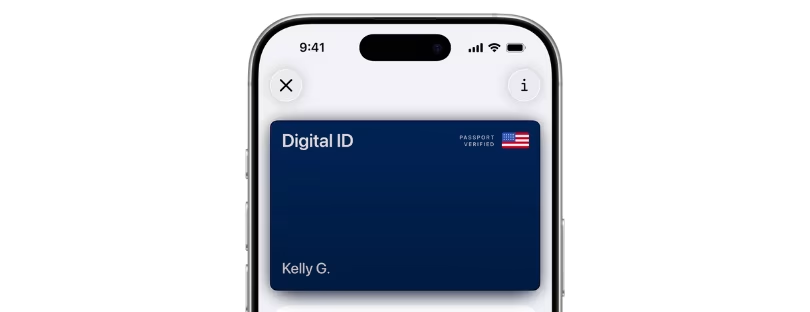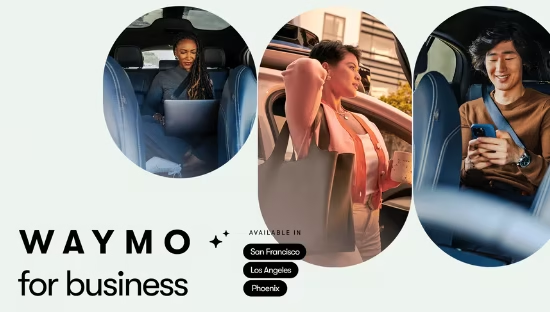
Apple Wallet to Support U.S. Passports at TSA in 2025 — Why It’s a Big Deal for Travel Identity
Apple has confirmed that later in 2025, Apple Wallet Digital ID will expand to include U.S. passport credentials. That means millions of iPhone users will soon be able to verify their identity at select TSA checkpoints with just a tap of their phone.
It’s not the full “digital passport” dream yet—this rollout is limited to airport security lanes, not immigration or border control. Still, it marks a significant shift in how digital identity is creeping into mainstream travel. Until now, most wallet-based IDs have been limited to state-issued mobile driver’s licenses. Adding passports takes the concept global and signals that the mobile wallet wars are moving into the travel space in earnest.
For airports, airlines, and hotel brands, this is more than a convenience play. If Apple succeeds in normalizing digital passports at TSA, it could accelerate wallet-based identity for lounge access, bag drop, boarding gates, and even hotel check-ins. That’s where loyalty and guest experience strategies come into play—because whoever controls identity at the airport controls the customer journey.
Why Airports Are the Testbed
TSA has been piloting digital IDs for years, working with mobile driver’s licenses and now expanding to wallet-based passports. Travelers in eligible states can already use their phones at certain checkpoints; Apple’s rollout plugs iPhone users into that system. A quick scan at the lane, a live photo match, and you’re through—though a physical passport or ID is still mandatory as backup.
Airports are the perfect test environment: high volume, repeat travelers, and enough pain points that shaving even a few minutes off security is meaningful. That’s why airlines and airport operators are watching this closely—not just for security, but for everything from lounge entry to bag drop and even hotel check-ins downstream.
The Bigger Picture: Apple vs Google vs Samsung
Apple isn’t alone here. Google Wallet already supports a “passport-derived” digital ID for TSA use, while Samsung Wallet leans on mobile driver’s licenses. All three are circling the same prize: making their wallet the default credential for travel. Meanwhile, TSA and CLEAR are doubling down on biometrics—face scans that link to your boarding pass and document—laying the foundation for a blended future where wallet ID plus biometrics equals near-frictionless movement through airports.
Why This Isn’t Just Tech—It’s Loyalty
For travel brands, wallet IDs are less about replacing a plastic card and more about verified, consent-based data sharing. Imagine tapping your phone at security and, a few steps later, walking into a lounge where your elite status is recognized automatically—or checking into a hotel without ever producing a passport at the desk. That’s the kind of “One ID” vision IATA has been pushing, and Apple’s move accelerates it.
Risks and Reality Check
There are hurdles: patchwork acceptance across states, privacy pushback, and the fact that international travel still requires the real passport. Apple’s delay from its earlier timeline shows how hard it is to align standards, regulators, and user experience. For now, Wallet IDs should be seen as convenience layers—not replacements.
Conclusion: The Tipping Point Comes When Ecosystems Connect
Apple’s announcement matters because it brings the world’s most influential mobile wallet into TSA’s identity program. Google may have been first, and Samsung has its mDL foothold, but Apple’s user base gives the initiative scale. The real race isn’t between wallet providers—it’s between travel brands that seize the opportunity to integrate now and those that wait until this becomes mainstream.
Airports and airlines that start piloting wallet-based loyalty flows today—think lounge access, fast-track lanes, bag-drop automation—will be the ones shaping how identity drives revenue tomorrow. Everyone else risks playing catch-up in a world where your passport isn’t just a document but the backbone of a digital travel experience.










